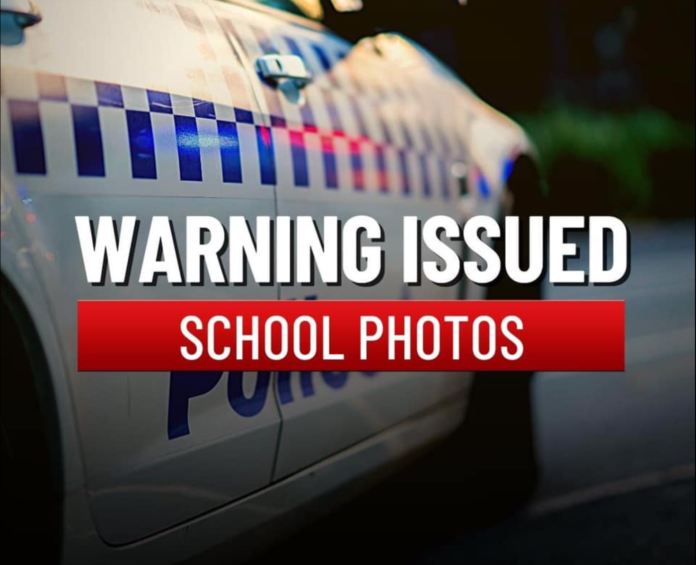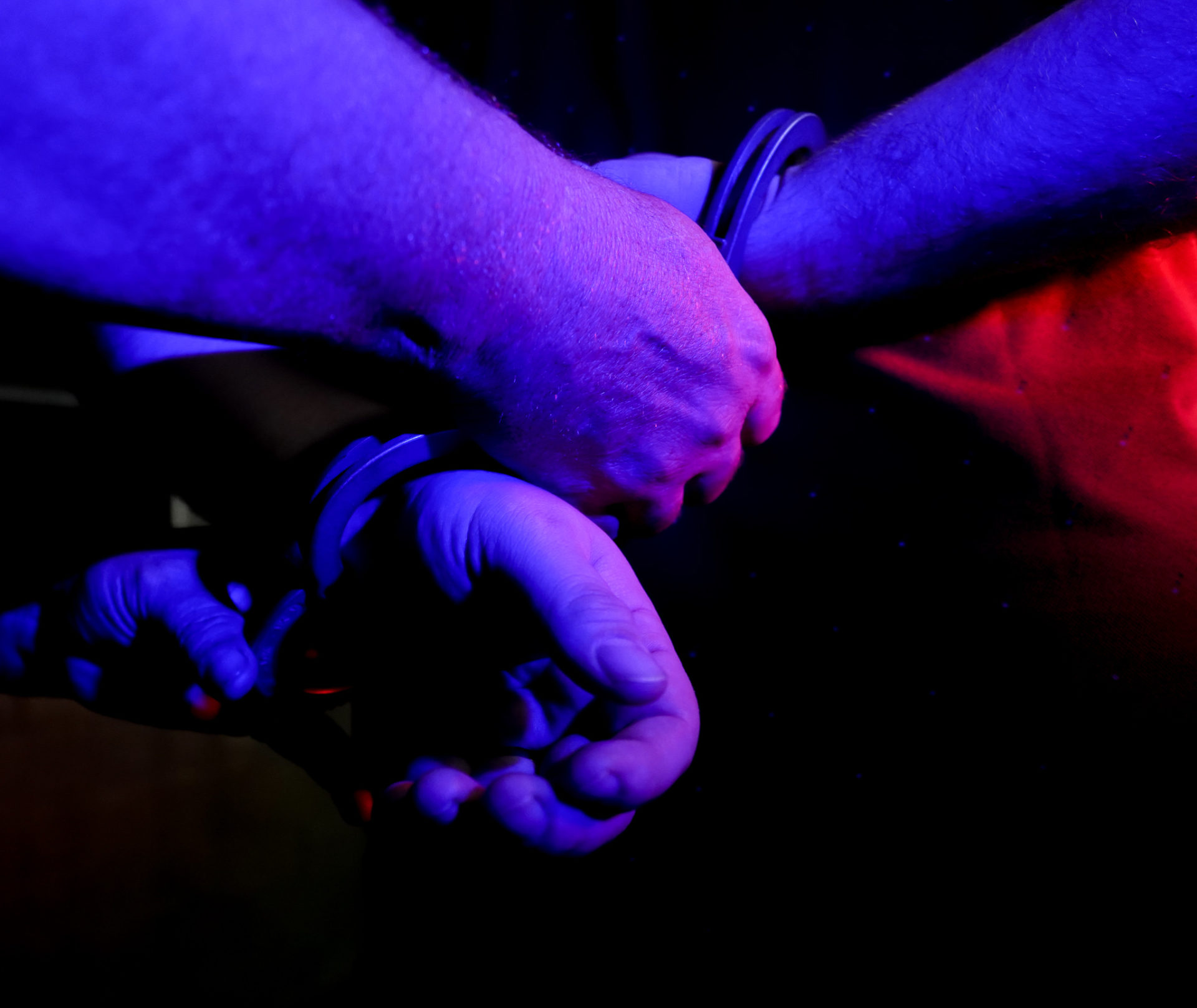The Australian Federal Police (AFP) are warning parents, grandparents and carers not to post photos of their children on their first day of school without first “locking down” their privacy settings.
The AFP said images with children in school uniform, their name or indicators of their location in the background can be used by offenders to build a profile and groom parents and children.
AFP Commander of the Australian Centre to Counter Child Exploitation and Child Protection Operations, Hilda Sirec said the back-to-school period was a timely reminder to implement safe online practices.
“The first day of school is one of those milestones for parents. Children in their uniform on their first day of school are treasured photos in many family albums,” Commander Sirec said.
She said the AFP continued to regularly seize images of school children in the collections of online child sex offenders.
“There’s no reason why parents and carers cannot continue to take those wonderful happy snaps and post them online. However, we are urging parents and carers who are sharing those images to make sure they’re using secure privacy settings and only sharing images with people they know and trust.”
Commander Sirec said photos posted online of their child’s first day at school can reveal a lot of personal information and travel more widely than intended.
Community or school social media pages featuring children are also being urged to consider the types of images being shared and who can view them.
“Some offenders go to great lengths in order to gain access to children and the AFP is seeing instances of online grooming starting from the information that parents and carers are sharing online,” she said.
“There are simple steps that parents and carers can take to have more control over who can access their images and minimise the chance of inappropriate contact.
“If sharing content of children online, check the privacy settings and make sure that your social media accounts are using the most secure settings possible.
“It is more important than ever to ensure parents, carers and our young people are educated about online safety. The increase of children being online during the pandemic year has also meant offenders have more opportunities to target potential victims.”
The AFP’s ThinkUKnow program has a long history of educating Australian parents, carers and teachers about keeping children safe online. During the past financial year, ThinkUKnow delivered presentations to more than 150,000 students and about 13,200 parents, carers and educators.
With face-to-face presentations suspended because of COVID-19, ThinkUKnow created new home-learning activities, teacher toolkits, family challenges and live-streamed presentations to ensure children could still be educated on how to protect themselves.
Commander Sirec said the new resources were crucial as students spent more time online while learning from home during the pandemic.
Top tips for parents and carers
- – Keep your child’s personal information including full name and age private
- – Ensure the background of photos or videos doesn’t give away your address or location, (and don’t post your location or ‘check in’)
- – Avoid posting photos in school uniform
- – Only share images of your children with people you know and trust
- – For community accounts, consider having a closed group with approved members and ensure you have strong privacy settings in place.
How to report online child abuse
- – If you believe a child is in imminent danger, call police Triple Zero (000) or visit your local police station.
- – If your child is experiencing issues online, it is essential to collect evidence – taking screenshots or photos of the content. Once you have collected your evidence, block and report on the app, site or platform where the issue occurred.
Online child sexual exploitation can be reported to the ACCCE or to call Crime stoppers on 1800 333 000.
If you or someone you know are impacted by child sexual abuse and online exploitation there are support services available, visit the ACCCE to learn more.
Advice and support for parents and carers about how they can help protection children online can be found at ThinkUKnow, an AFP-led education program designed to prevent online child sexual exploitation.





